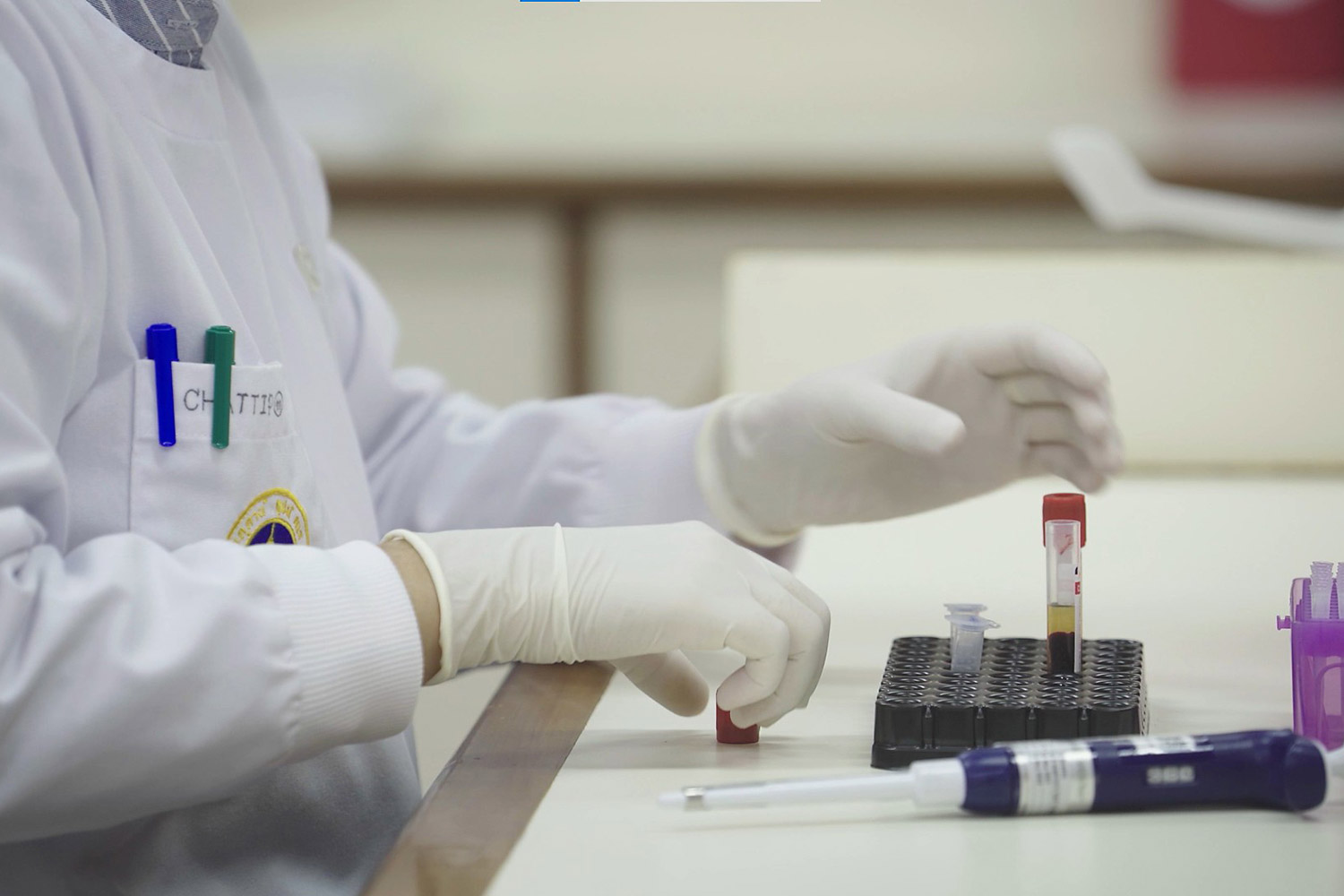
Derived from the bacterium Clostridium botulinum, Botulinum toxin type A (BoNT-A) is prescribed for uncontrollable blinking, chronic migraine, overactive bladder and other medical conditions, as well as aesthetic treatments.
However, toxin resistance is on the rise, particularly as people have adopted BoNT-A injections to improve their appearance.
Mahidol University's Faculty of Medicine Siriraj Hospital has established the first Botulinum Toxin Resistance Diagnostic Center in Southeast Asia, with its dean Prof Dr Apichat Asavamongkolkul presiding over the launch.
"BoNT-A injections have gained popularity resulting in many people receiving the procedure with a lack of knowledge. We have recognised the incidence of BoNT-A immunoresistance for quite some time and are determined to formally develop a body of knowledge in treating this condition for aesthetic practice, so that the wider public can access the knowledge and receive proper diagnostic. Concurrently, aesthetic practitioners can gain better understanding of the procedures," said Prof Dr Apichat.

The Department of Dermatology's Prof Dr Rungsima Wanitphakdeedecha and the Department of Immunology's Assoc Prof Dr Yuttana Srinoulprasert initiated the Botulinum Toxin Resistance Diagnostic Center, following the in-house development of a test to indicate levels of antibodies or immunity in the blood of patients, whose toxin treatment failed them.
The clinically-approved test along with patients' history and non-responsiveness are used to select an effective treatment. Developing a body of knowledge for physicians will also help prevent BoNT-A immunoresistance.
The injectable toxin is widely used in cosmetic dermatology such as for fading crow's feet and frown lines, and contouring the jawline. The expansion of aesthetic applications is believed to be related to the increasing cases of immunoresistance.
Prof Dr Rungsima cited recent data of blood tests from 137 patients with suspected BoNT-A immunoresistance, of which 79 (58%) of the patients tested positive.
"The state of immunoresistance is based on two protein structures: core neurotoxin and complexing proteins. Some 48% of the patients are resistant to the core neurotoxin, 8% to the complexing proteins, and 2% both core neurotoxin and complexing proteins," she elaborated.

"Some cases resistant to the complexing proteins may still be able to use a high-purity dosage of BoNT-A free of complexing proteins, but those who are resistant to the core neurotoxin require time for antibody levels to drop. It is highly recommended to receive treatments from trustworthy aesthetic practitioners to reduce risk and prevent potential BoNT-A immunoresistance."
Supported by Merz Aesthetics Thailand, the BoNT-A Immunoresistance Testing Program provides access to the diagnosis at the Faculty of Medicine Siriraj Hospital.
Initially 40 aesthetic clinics around Bangkok have joined the testing programme, which builds a network for data collection and guides patients through professional assessment and management of the condition.
A part of the Frankfurt-based Merz Group founded in 1908, Merz Aesthetics is a leading manufacturer and distributor of injectables, devices and skincare treatments.
Raising awareness is also important. Conveying the "Beauty with safety, and no resistance" message, Merz Aesthetics Thailand provides communication channels to receive initial consultation related to BoNT-A immunoresistance.
For more information, call 02-026-1111 or LINE ID: @merzbeautyconnect.







